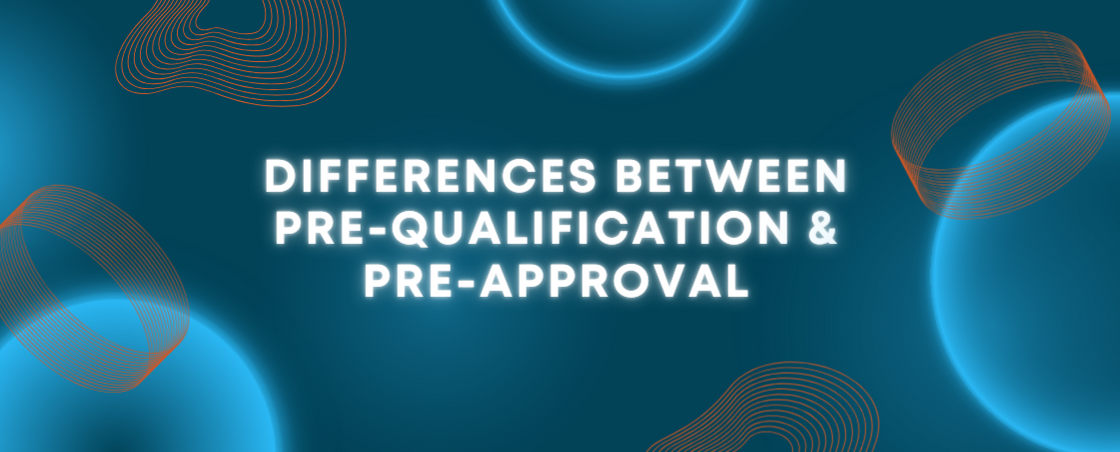Embarking on the journey of buying a home is an exciting yet complex process. As you navigate through the myriad of terms and steps involved, two crucial milestones often come into play: pre-qualification and pre-approval. While these terms may sound similar, they serve distinct purposes in the realm of home financing. Keep reading to understand the key differences between being pre-qualified and pre-approved, helping you make informed decisions on your path to homeownership.
Pre-qualification is typically the initial step in the home-buying process. It involves a lender assessing your financial situation based on information you provide, such as your income, debts, and assets. The process is relatively straightforward and doesn’t involve a deep dive into your financial history or credit report. The goal of pre-qualification is to provide you with an estimate of how much you may be able to borrow. However, it’s important to note that pre-qualification is not a guarantee or commitment from the lender. The information provided is based on the details you share, and the lender hasn’t thoroughly verified this information at this stage.
Pros of Pre-Qualification:
1. Quick and simple process.
2. Provides an estimate of your borrowing capacity.
3. No impact on your credit score.
Cons of Pre-Qualification:
1. Not a guarantee of loan approval.
2. Limited accuracy as it relies on self-reported information.
Pre-approval is a more in-depth and formal process than pre-qualification. To obtain a pre-approval, you’ll need to submit detailed financial documentation, including pay stubs, tax returns, and other relevant paperwork. The lender will also conduct a thorough examination of your credit report. Unlike pre-qualification, pre-approval carries more weight and provides a stronger indication that a lender is willing to extend a mortgage to you. The lender’s commitment is based on verified financial information, making your home-buying journey more robust and secure.
Pros of Pre-Approval:
1. Increased certainty and reliability in the home buying process.
2. Demonstrates to sellers that you are a serious and credible buyer.
3. Helps you identify potential issues with your credit or finances early on.
Cons of Pre-Approval:
1. Requires more time and documentation.
2. Affects your credit score (though the impact is usually minimal).
While both pre-qualification and pre-approval are crucial steps in the home-buying process, understanding the differences between the two can empower you as a buyer. Pre-qualification offers a quick estimate, while pre-approval provides a more solid foundation for your house-hunting journey. Ultimately, the choice between the two depends on your current stage in the process and your comfort level with the level of commitment each entails. To get started on your journey to pre-approval, please contact Andy Schoemehl at 314-221-7797.
|
Andy Schoemehl | Vice President |


